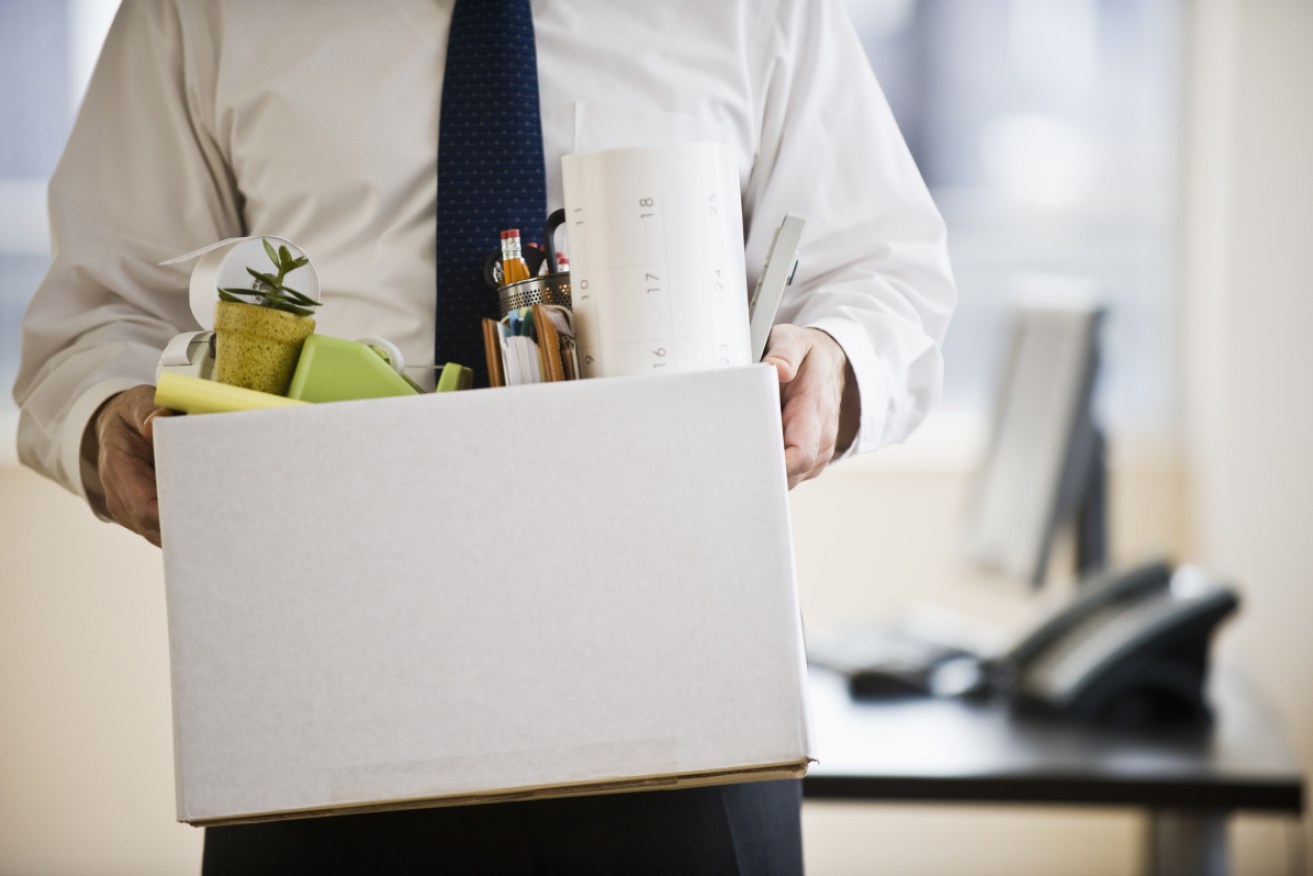Businesses ‘yet to move back into hiring mode’ amid uncertainty


The latest NAB business survey points to continued job shedding. Photo: Getty
New research suggests firms laid off more workers than they hired in November despite rising confidence as restrictions eased.
NAB’s closely followed Monthly Business Survey showed business conditions and confidence last month rose to “above average” levels after Victoria’s lockdown ended and state borders reopened.
Business confidence rose 9 points to +12 index points and business conditions rose 7 points to +9.
But NAB Group chief economist Alan Oster said the employment index saw no further improvement and remained in negative territory.
“So, while activity is picking up as the economy reopens, businesses are yet to move back into hiring mode,” he said.
The survey’s employment index is based on the net balance of responses to questions posed by NAB, which essentially asks 550+ firms every month whether they laid off more workers than they hired during that month or hired a few or many more.
This month’s net balance was -5, which Mr Oster told The New Daily was well below the long-run average of +2 and suggested the private sector lost more jobs than it gained in November. (We will find out for sure on December 17 when the ABS next releases its labour force data.)
Mr Oster said this was “not completely surprising” as the labour market often lags improvements in activity, but noted the bank would watch the measure closely in coming months.
IFM chief economist Alex Joiner said it seems clear that “the vast majority of employment growth” over recent months has come from people returning to old jobs rather than businesses creating new ones.
EY chief economist Jo Masters, meanwhile, said although businesses were feeling more confident about the state of the economy, there was still too much uncertainty for many of them to hire and invest.
“The spread of potential [economic] outcomes is still very, very wide,” Ms Masters told The New Daily.
“So that’s making firms a little bit hesitant to invest and hire, because to do those two things, you have to be confident that your business is going to expand, not just survive.”
Faced with such a high degree of uncertainty, firms would prefer to offer existing staff more hours and find ways to boost productivity rather than take on new workers, Ms Masters said.
And ABS data shows there are plenty of employees who would like more work: Underemployment remained stubbornly high at 10.4 per cent in October.
“So, the first thing you’re going to do is give those employees more hours,” Ms Masters said.
“That’s the easiest business decision to make, versus hiring someone new. And then you’re going to try and squeeze a bit of efficiency out of your workforce – either through productivity or hours worked.”
Angela Jackson, lead economist at Equity Economics, said the pandemic had also given many businesses a chance to reassess their staffing requirements.
“With some of the investments they’ve made over this period, they may see they can be as productive [as before] with less staff, so they won’t hire the same number of people back,” she said.
Asked whether recent data shows the federal budget contained too little direct spending and relied too heavily on businesses to drive the recovery, Ms Masters said it was too early to tell but businesses had not been spending thus far.
“We’re still seeing quite strong growth in business [cash] deposits at banks. Investment in every category fell in Q3. And if we look at the [capital expenditure] survey, that shows quite weak intentions for spending over the next year,” she said.
And business credit is falling.
“What that means is that there’s more repayment of business debt than there is taking out new debt,” Ms Masters said.
“So we’re not seeing businesses get out there and spend yet.
“And if that pattern is repeated for the fourth quarter and the March quarter next year, then you would say that those measures in the budget designed to bring forward investment and increase investment haven’t worked as well as expected.”













